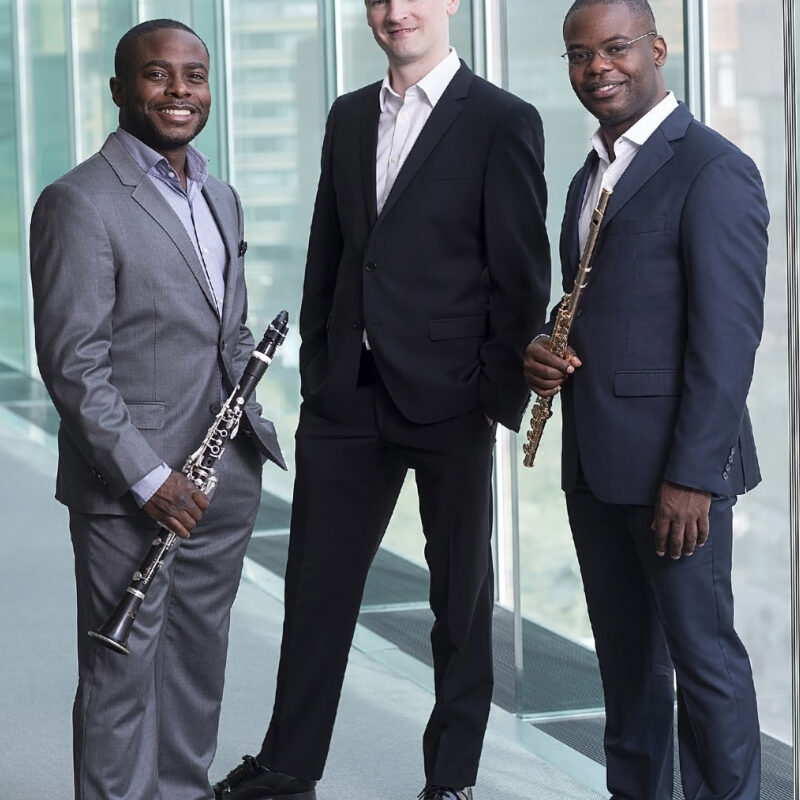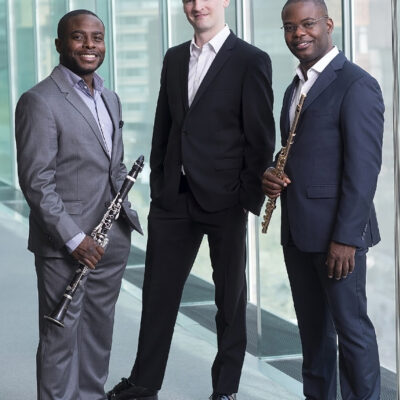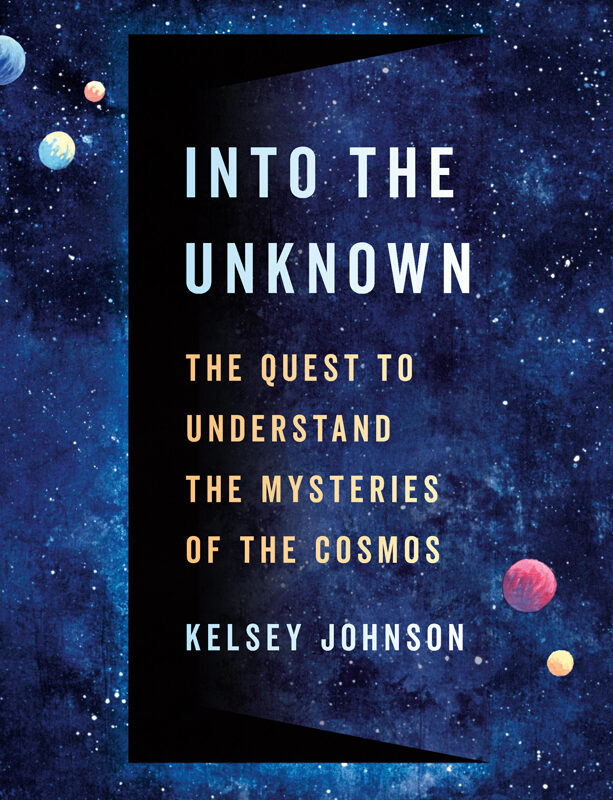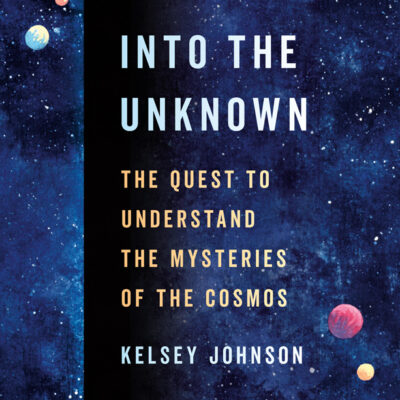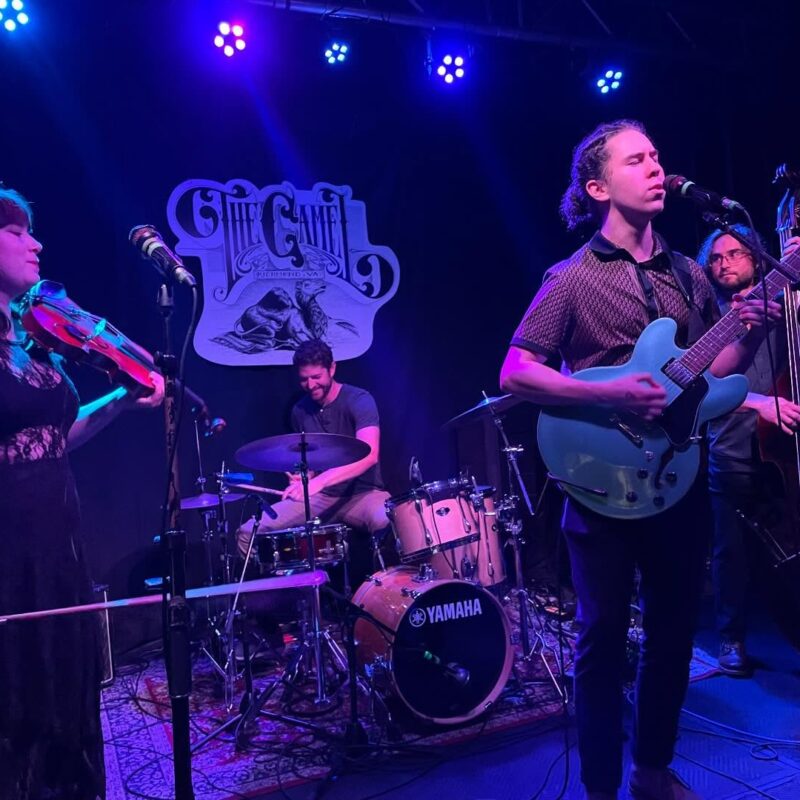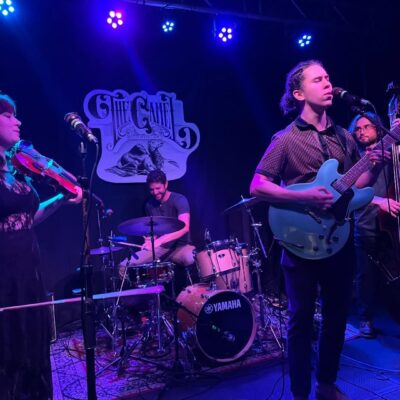As we adjust to life amid the COVID-19 pandemic, we’ll likely turn to the arts—a favorite poem, a beloved album, a treasured painting—over and over in search of comfort and relief. Art, in all its forms, is a vital part not just of our personal lives but of our community. Social distancing measures and the resulting venue closures have turned the local creative world upside down, both for individual artists and the organizations that support them. Here’s what some of those folks are saying about the state of the arts in Charlottesville, and what might come next.
St. Patrick’s Day was supposed to be Matthew O’Donnell’s busiest day of the entire year. A multi-instrumentalist who specializes in Irish music, he was booked for 15 hours of serenading audiences, from senior center residents to late-night beer-swigging revelers.
But this year, his St. Paddy’s calendar was wide open. As the COVID-19 pandemic spreads throughout the United States, Virginia governor Ralph Northam has banned all nonessential gatherings of more than 10 people. In response, local venues that support the arts—concert halls, theaters, galleries, bookshops, libraries, restaurant-bars, you name it—have shuttered their doors for an undetermined amount of time.
This leaves O’Donnell and many other artists in Charlottesville without physical places to share their work—not just for art’s sake, but for a living. It’s also worth noting that many local artists participate in the service industry and gig economy—they tend bar, wait tables, work retail, drive ride-shares, and more. And most of those jobs are gone, or paused until, well, who knows when.
O’Donnell makes his entire living from performances, and he looks forward to the month of March—in large part because of St. Patrick’s Day—when he can bring in twice what he makes in an average month, to make up for the lean ones (namely January and February).
“I began to get concerned in late February,” as the senior communities closed their doors to visitors, says O’Donnell, and that concern grew as gigs canceled one by one during the first couple weeks of March. “I thought the worst-case scenario would be that everything would shut down, but I honestly didn’t think the worst-case scenario would come.”

Matthew O’Donnell, who has seen his gig calendar wiped clean by the threat of COVID-19, hosted a concert via Facebook Live on March 18. “It went astoundingly well,” he says. “A boatload of people tuned in, [made] lots of requests. People sent videos of them and their families dancing to the music. It was really beautiful.” Photo by Katie McCartney
At first, “it was a professional worry of realizing that all of my business is gone,” says O’Donnell, who hopes he can make some money by playing donation-based virtual concerts. But the worry, the sadness, has turned personal: “These people are my friends,” he says of his audiences, particularly those folks at the senior centers. When he sings with them, he says he “feels something profound. And [now] I can’t go see my friends. I do want to be looking forward to the next thing…but all I know is that the next thing I do is going to be very different from what I’ve been doing.”
Graphic novelist Laura Lee Gulledge knows that, too. “I’m friends with change and constant reinvention,” she says. As a full-time artist Gulledge relies not just on book sales and illustration commissions but art teaching residencies. She says she often feels like she’ll “get by on the skin of my teeth, but [I] make it work.” Artists are always having to come up with new business models, she says. “It’s implode or evolve.”
Her new book, The Dark Matter of Mona Starr, is scheduled to be released on April 7, and she planned to launch it at last week’s Virginia Festival of the Book. But the festival was canceled due to the threat of COVID-19, as was the rest of her North American book tour.
In a way, the book is more relevant than Gulledge could have predicted, or ever wanted to imagine. The protagonist, Mona, is a sensitive and creative teen learning to live with anxiety and depression. In the back of the book, Gulledge includes a guide for creating a self-care plan for particularly dark and stressful times, and she shares her own.
 “It’s like my masterpiece,” she says of The Dark Matter of Mona Starr. “I was finally mentally prepared to own it and step into it, and start conversations about mental health and not feel like a fraud.”
“It’s like my masterpiece,” she says of The Dark Matter of Mona Starr. “I was finally mentally prepared to own it and step into it, and start conversations about mental health and not feel like a fraud.”
Rather than consider the whole thing a wash, Gulledge will do a virtual book tour via Facebook Live, where she’ll be talking about topics such as drawing through depression and cultivating healthy artistic practices.
The Front Porch roots music school is also pivoting to an online lessons model, to keep instructors paid and to keep students in practice. Songwriter Devon Sproule (who had to cancel her upcoming U.K. tour) usually teaches somewhere around 80 students a week between group classes and private lessons, and, so far, a handful of them have made the leap to live virtual lessons. Keeping the routine and personal connection of a lesson could be particularly important right now, says Sproule. She had to teach one young pupil how to tune a ukulele, a task Sproule had taken on in their in-person lessons. “I had no idea this kid could tune their own ukulele, and I don’t think they did either,” says Sproule. “I think it was empowering.”
The Charlottesville Players Guild, the city’s only black theater troupe, has postponed its run of August Wilson’s Radio Golf, originally scheduled to premiere at the Jefferson School African American Heritage Center April 16. The paid cast and crew were in the middle of rehearsals, and while they hope to be able to open the show on April 30, things are still very uncertain, says CPG artistic director Leslie Scott-Jones. “When you hear medical professionals say this might go through July or longer, it’s like, ‘What’ll we do?’”

Leslie Scott-Jones, a singer and theater artist who relies on performance for all of her income, is one of many Charlottesville artists left wondering what’s next, as venues have closed due to the threat of COVID-19. Publicity photo
The JSAAHC has also had to cancel two benefit concerts for Eko Ise, a music conservatory program for local black children, that the center hoped to launch later this year. Now, they’ll be months behind in that fundraising effort, says Scott-Jones.
The Bridge Progressive Arts Initiative, which provides not only a physical gallery space for visual and performance art, but funding for public art and after-school programs, has canceled all in-person events (though it is finding creative ways for people to participate from a distance, such as its virtual Quarantine Haiku video series). The Bridge has also postponed its annual Revel fundraiser, originally scheduled for May 2. Revel brings in between 20 and 30 percent of the organization’s operating budget for the year, says director Alan Goffinski,
Gulledge makes an excellent case for continued support of the arts as we face uncertainty: “This is the sort of moment where people will look to the creative thinkers to generate hope, and to generate positivity and be beacons of light in this moment of darkness. This is part of our purpose.”
The Bridge Progressive Arts Initiative and New City Arts announced Friday, March 20, that it has established the Charlottesville Emergency Relief Fund for Artists. We will have more information on that soon.
The Front Porch and WTJU 91.1 FM are also teaming up to broadcast live concerts Friday and Wednesday evenings. Follow us at @cville_culture on Twitter for regular updates about virtual arts events that will take place over the coming weeks.
